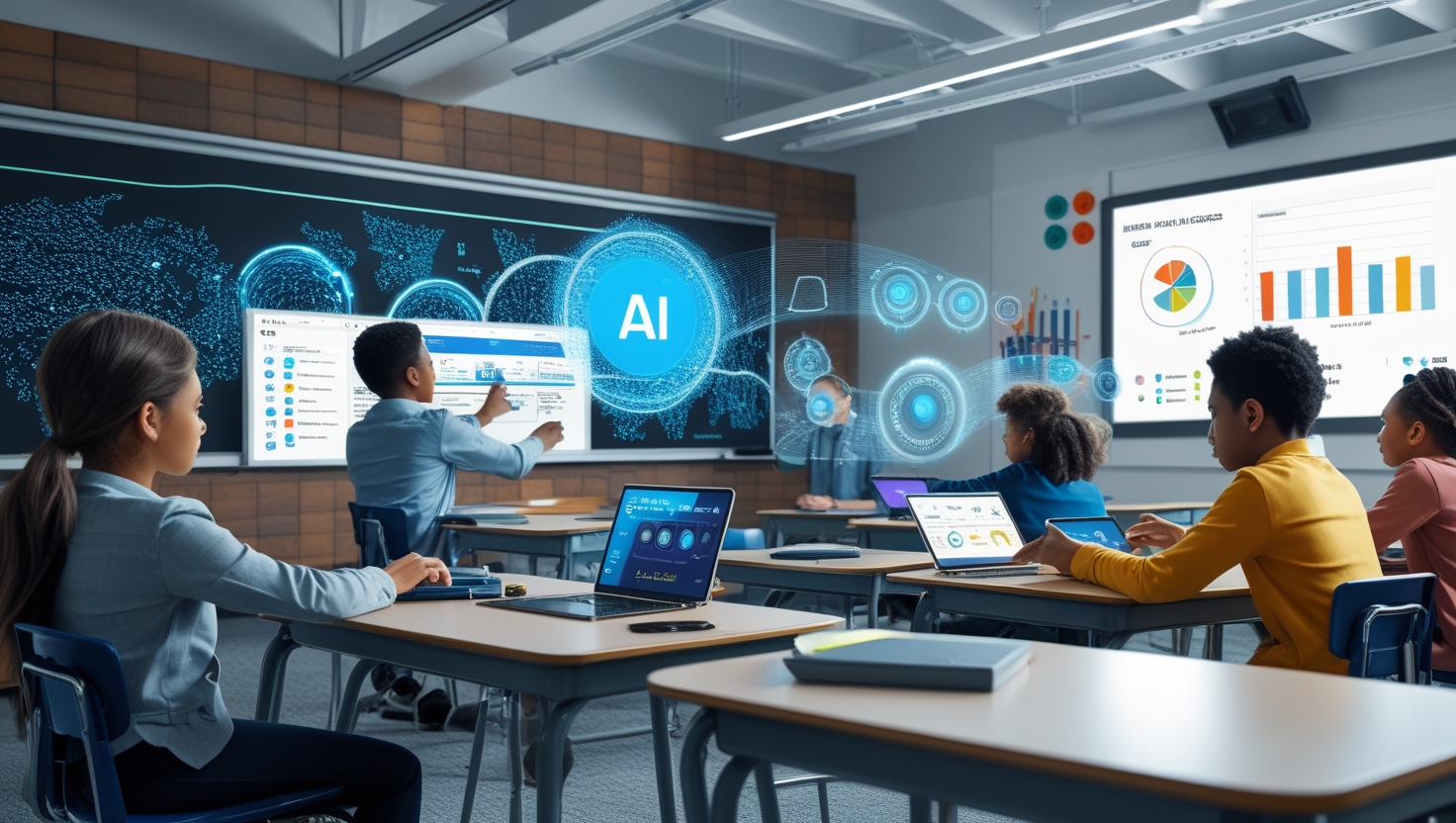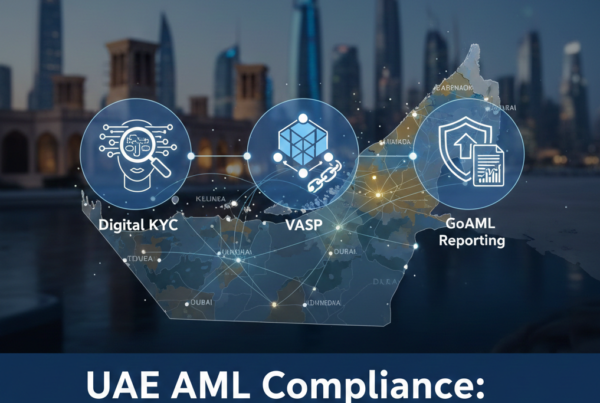 Education is undergoing a profound and exciting transformation in 2025, driven by the rapid advancement of artificial intelligence (AI). As AI continues to evolve, it is reshaping the educational landscape in groundbreaking ways. From AI-powered education tools that assist in curriculum development to personalized learning experiences tailored to individual student needs, AI is revolutionizing how students learn and how educators approach teaching. These innovations not only improve student engagement but also enable the automation of routine administrative tasks, resulting in enhanced operational efficiency across educational institutions. The integration of AI in classrooms provides real-time data insights that help educators adapt teaching methods to better meet student needs. Additionally, AI’s ability to analyze vast amounts of data is making data-driven insights a crucial component of modern education systems. As a result, schools and universities are able to offer more customized, impactful learning journeys for students of all ages. This article explores the cutting-edge applications of AI in education, including AI-driven learning platforms, automated assessment tools, and intelligent tutoring systems, highlighting the immense opportunities, advantages, and challenges AI brings to the education sector in 2025 and beyond.
Education is undergoing a profound and exciting transformation in 2025, driven by the rapid advancement of artificial intelligence (AI). As AI continues to evolve, it is reshaping the educational landscape in groundbreaking ways. From AI-powered education tools that assist in curriculum development to personalized learning experiences tailored to individual student needs, AI is revolutionizing how students learn and how educators approach teaching. These innovations not only improve student engagement but also enable the automation of routine administrative tasks, resulting in enhanced operational efficiency across educational institutions. The integration of AI in classrooms provides real-time data insights that help educators adapt teaching methods to better meet student needs. Additionally, AI’s ability to analyze vast amounts of data is making data-driven insights a crucial component of modern education systems. As a result, schools and universities are able to offer more customized, impactful learning journeys for students of all ages. This article explores the cutting-edge applications of AI in education, including AI-driven learning platforms, automated assessment tools, and intelligent tutoring systems, highlighting the immense opportunities, advantages, and challenges AI brings to the education sector in 2025 and beyond.
Key Applications of AI in Education
1. Personalized Learning Paths
AI adapts educational content to suit individual learning styles, pace, and preferences.
- Example: AI-powered platforms recommend tailored resources and exercises based on a student’s performance.
- Benefit: Improves engagement and enhances learning outcomes by addressing unique needs.
2. Intelligent Tutoring Systems
AI tutors provide real-time feedback and assistance, helping students grasp challenging concepts.
- Example: Virtual tutors explain complex math problems step-by-step and offer additional practice.
- Benefit: Provides accessible, on-demand learning support.
3. Enhanced Accessibility
AI tools ensure that education is inclusive and accessible to all students, including those with disabilities.
- Example: Speech-to-text and text-to-speech tools assist visually or hearing-impaired learners.
- Benefit: Bridges educational gaps and promotes equity.
4. Automated Administrative Tasks
AI automates repetitive tasks, freeing up educators to focus on teaching and mentoring.
- Example: AI handles grading, attendance tracking, and scheduling.
- Benefit: Reduces administrative workload and improves efficiency.
5. Data-Driven Insights
AI analyzes educational data to identify trends and areas for improvement.
- Example: Learning analytics reveal which subjects students struggle with the most, guiding curriculum adjustments.
- Benefit: Informs decision-making and optimizes teaching strategies.
Challenges and Ethical Considerations
While AI brings numerous benefits, it also poses challenges, such as:
- Data Privacy: Protecting sensitive student information is paramount.
- Bias in Algorithms: Ensuring AI systems are fair and unbiased to avoid reinforcing inequalities.
- Dependence on Technology: Balancing technology use with traditional teaching methods.
The Future of AI in Education
The future of education lies in the seamless integration of AI tools that complement human instruction. Innovations like virtual reality classrooms, AI-driven assessments, and global online learning platforms will continue to evolve, making education more immersive and accessible.
Conclusion
AI is revolutionizing education by personalizing learning, enhancing accessibility, and streamlining administrative tasks. As educators and institutions embrace these technologies, they must address ethical challenges and ensure equitable access to AI-driven solutions. By fostering a collaborative approach that combines the strengths of AI and human expertise, the education sector can create innovative and inclusive learning environments.
The potential of AI in education extends beyond traditional classrooms, enabling lifelong learning and bridging global gaps in access to quality education. From virtual tutors to intelligent learning analytics, AI-driven tools are paving the way for a future where education is more dynamic, interactive, and tailored to individual needs. Institutions that adapt to these advancements can empower learners to achieve their full potential while driving societal progress.
Explore how TraceFort’s AI-powered education solutions are transforming learning experiences in 2025 and beyond.




